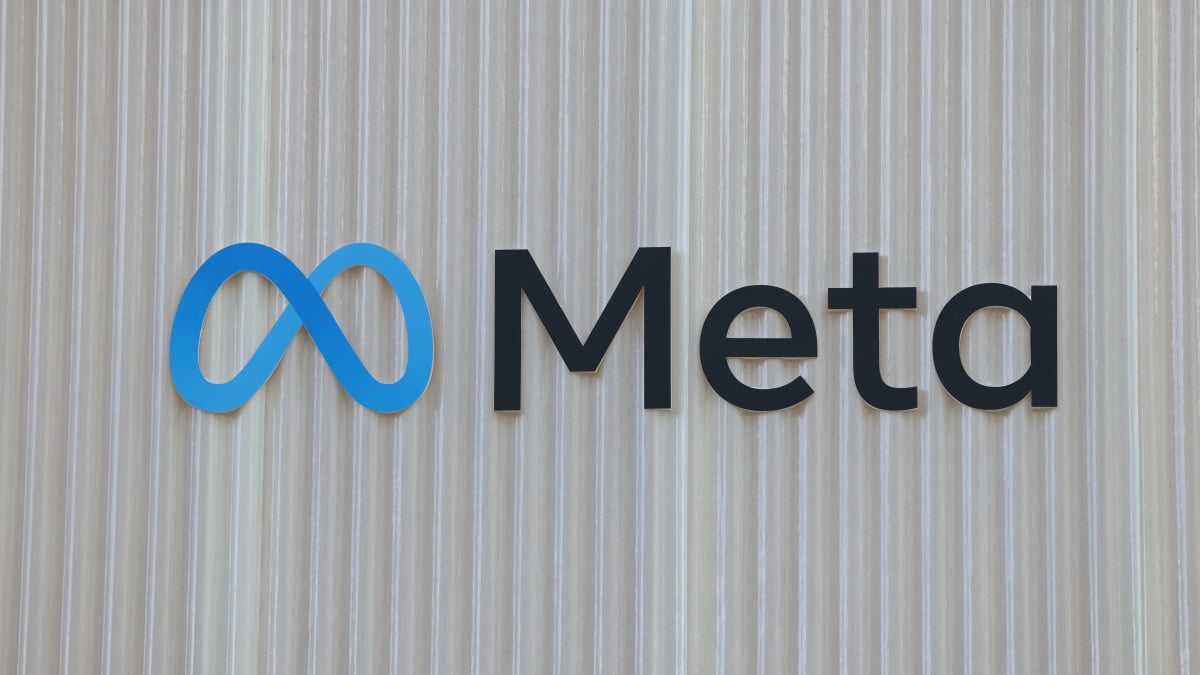With pressure mounting from parents and lawmakers over social media age verification, a legal showdown between tech giants is beginning to take shape in Washington.
The showdown centers on a seemingly simple question, but one with huge implications for the future of the web: Who is responsible for age verification?
As Emily Birnbaum reports for Bloomberg, a new lobbying group for this issue — backed by industry heavyweights like Meta, Spotify, and Match Group (parent company of Tinder and Hinge) — has launched in Washington, D.C.
The lobbying group argues that since Apple and Google control the app stores, they should verify user ages before downloads occur. Unsurprisingly, Apple and Google disagree, arguing that because apps collect and handle user data, the obligation falls squarely on developers.
Instagram will use AI to identify teens using adult accounts
For parents, this brewing fight could reshape who’s responsible for protecting kids online — besides parents, of course.
The new lobbying group taking on Apple and Google
The group, called the Coalition for a Competitive Mobile Experience, is led by antitrust lawyer Brandon Kressin, who has previously worked with Match Group. It’s the latest move by app makers to counter Apple and Google, aiming to shift the legal burden of age verification from app developers to the app stores themselves. The coalition plans to advocate for state and federal legislation to cement that responsibility in law.
Mashable Light Speed
Age verification laws are still a legal gray zone in the U.S., but they’re starting to take shape. As of now, 18 states have passed legislation requiring pornography sites to verify users’ ages. In response, some platforms, like Pornhub, have opted to block access entirely in those states rather than tackle the logistical and data-sensitve headaches of complying.
Beyond lobbying for new policies, the coalition has also pledged to support any antitrust actions brought against Apple and Google. As Bloomberg notes, grievances have simmered for years over the belief that app stores unfairly discriminate against software, apps, and hardware makers.
Age verification efforts are picking up steam
If the new Coalition succeeds, age checks would shift from individual apps to Apple and Google themselves — potentially streamlining verification, but also raising new questions about data privacy, free speech, and general practicality.
Age verification laws would also impact companies like OpenAI. While OpenAI requires underage users to seek their parents’ consent before using the AI chatbot, in practice, it’s an honor system. Social media companies face similar challenges, and increasingly, parents and lawmakers are joining forces to restrict minors’ access to social media.
In March, Utah became the first state to pass a law requiring app stores to verify ages. For users over 18, the law requires app stores to verify age with government-issued IDs, or access is denied altogether.
North Carolina has also filed a similar bill targeting users under the age of 16. However, the legislation stops short of specifying who is responsible for implementing a “commercially reasonable method” to anonymously verify users’ ages.
And according to Bloomberg, lawmakers in the House and Senate are preparing to introduce legislation similar to Utah’s in the coming months.
